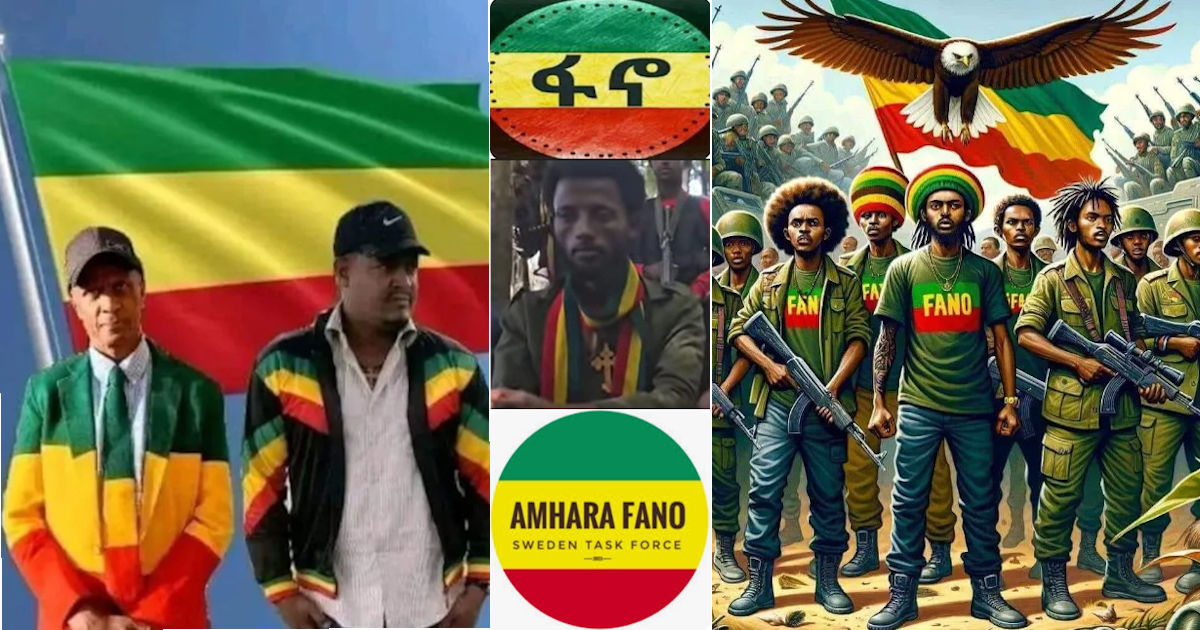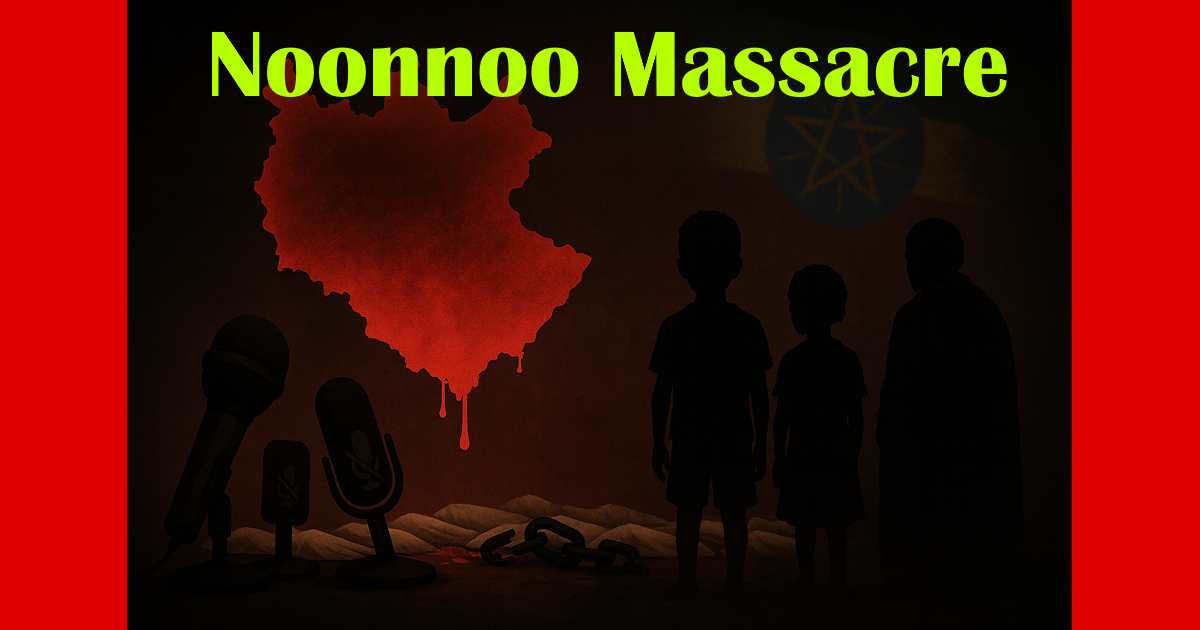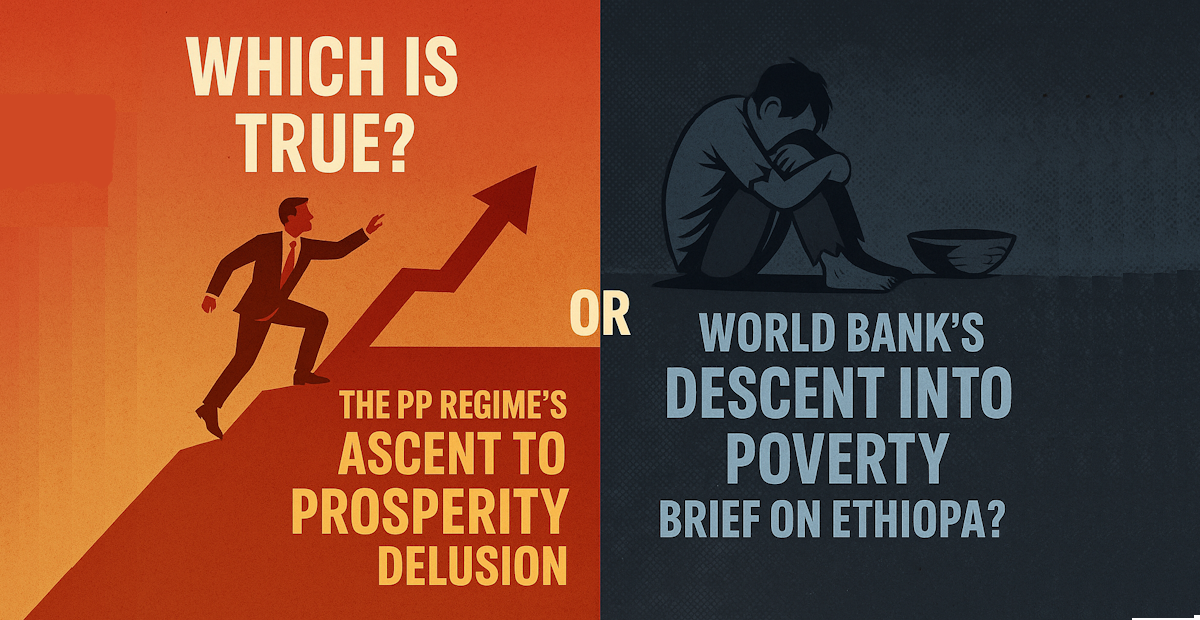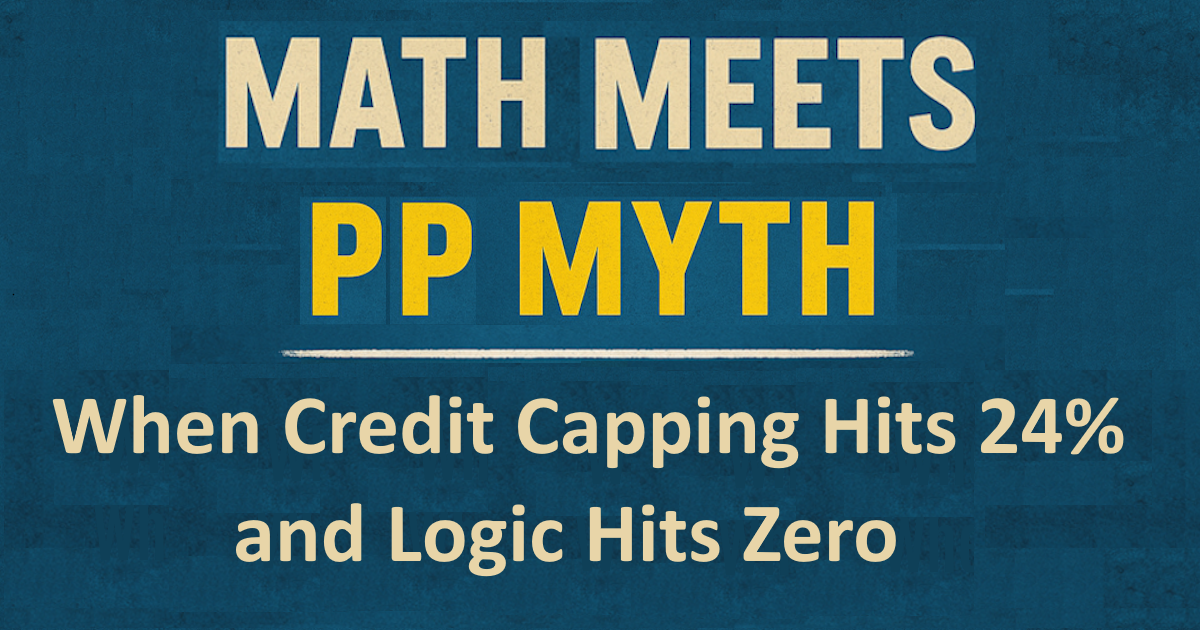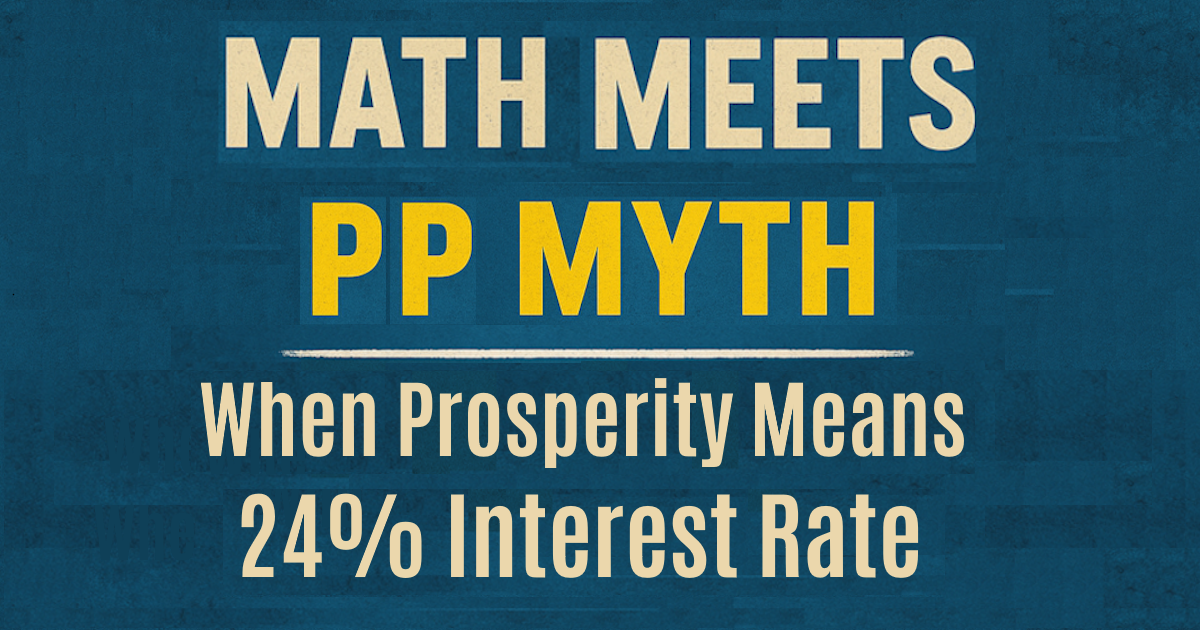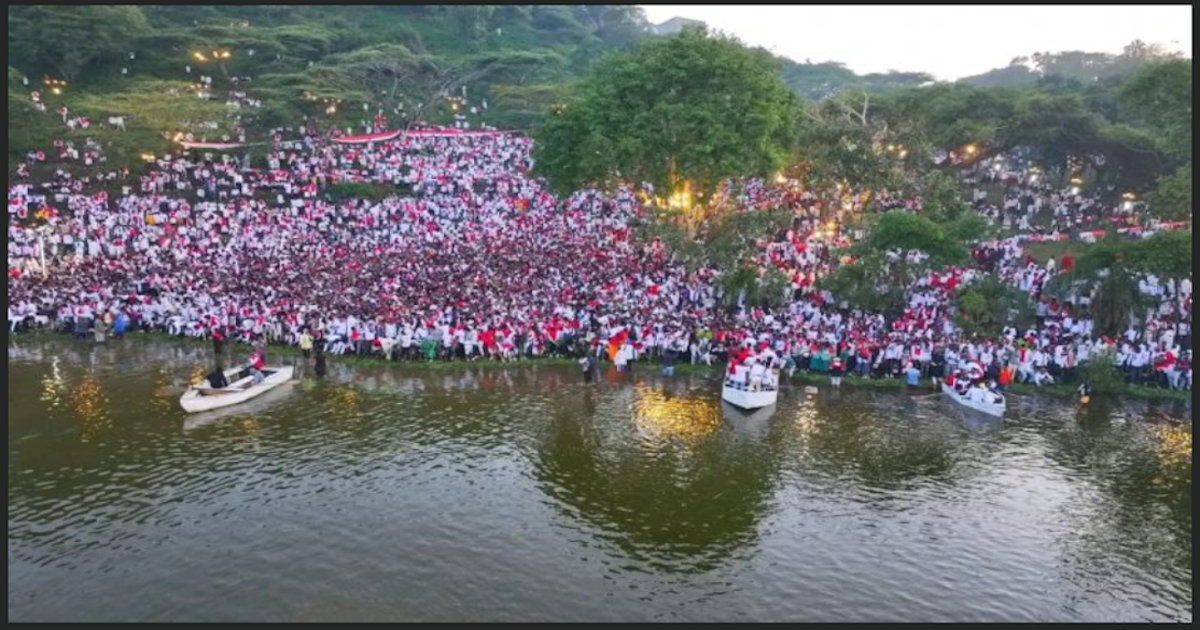We Shall Stand for Oromo and Oromia
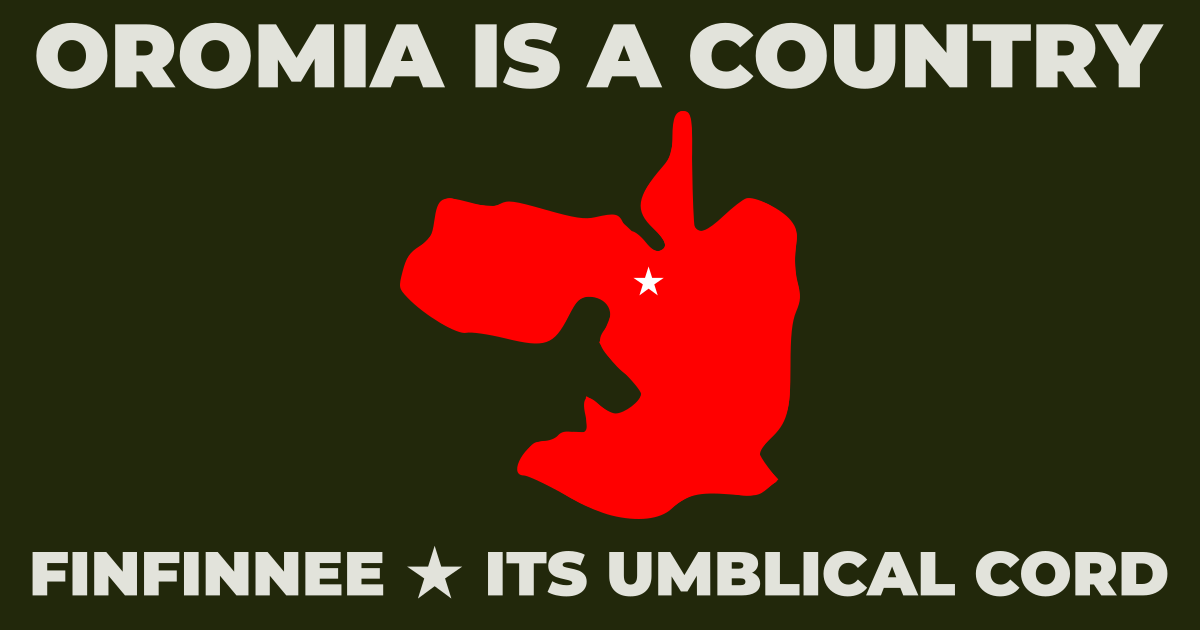
A Cyber Essay on Honoring a Civilization Rooted in Equality, Rising in Unity, and Ready for the Future.
We shall stand for Oromo and Oromia—unapologetically, unashamedly, and unbreakably. Just as Americans revere their Flag, the French guard their Revolution, and the British preserve their Legacy, so too shall we uphold the pride, dignity, and future of our people.
Our language, our heritage, our identity—these are not relics of the past but the lifeblood of our present and the compass for our collective future.
We rise as one people, animated by the Pan-Oromo spirit that transcends regions, accents, and experiences—from four corners of Wallo to Borana, Hararghee to Wallagga. We are the children of a civilization that breathes Egalitarianism—where governance is earned, not inherited; where respect is mutual, not coerced; where society is guided not by domination but by dialogue.
This is the essence of Gadaa, the indigenous democratic system that has shaped our civic consciousness for millennia.
Standing for Oromo and Oromia
We shall be the voice of the voiceless—for day in and day out, our people are threatened not only by state power, but by the hands of ordinary militia and governing party members posing as figures of authority. These imposters trample over the ordinary farmer and insult the dignity of rural life, weaponizing fear in place of leadership. We condemn, without apology, those who take away a solemn soul on a whim. We speak out against agents of disgrace who disrespect even the dead—erasing not only lives but the sacredness of memory.
We fight for a society where conscience outweighs convenience. We stand against those who live for belly alone—those who gorge on privilege while remaining oblivious to their moral responsibilities. They serve not the people, but their appetites. They forget that leadership is a trust, not a feast.
Our struggle is not rooted in bitterness, but in belief. We stand not only to resist injustice but to build justice—lasting, inclusive, and true. We stand for the youth whose dreams are detained without cause; for the mother whose lullaby is silenced by fear. These are not isolated tragedies—they are wounds we carry together, and ones we must heal together.
Still, we do not respond with hatred. The Gadaa ethos teaches us a higher path: to respect others as we demand respect for ourselves; to protect the Earth as part of our being; to govern with integrity, and to live with accountability.
Our rights to identity, language, land, and life are not negotiable, for they are the very fabric of who we are.
In standing for our rights, we are also reclaiming our history. Before “democracy” became a global ideal, it was lived and practiced among the Oromo through systems of age-based leadership, consensus-building, and community service.
What other society teaches lifelong civic duty from the age of eight to the age of eighty? The Gadaa system is not a fossil of the past—it is a living expression of human dignity and democratic ethics.
Today, technology has become our new Waajjira, our digital assembly hall. Through websites, online publications, and social media, our voices rise beyond borders and bureaucracies. Oppressors may fear this power, but they cannot reverse it. Truth, once released, travels fast and far—and no regime, however brutal, can contain it forever. This is a moment where digital democracy meets indigenous wisdom.
We are fighting for freedom. Isn’t it a contradiction to oppose it? Who hates freedom? The answer should be clear: those who profit from fear, who feed on division, who depend on the silence of others. They oppose justice not out of strength, but from fear of a world where all stand equal. But freedom is not theirs to give or take. It is ours—by birth, by history, by humanity. And we shall reclaim it.
We invite all those of like mind and shared values to join us on this journey toward justice, freedom, and dignity. United in today’s struggle, we stand as friends—and as partners in building a future rooted in mutual respect and common purpose. Together, we can move mountains—not just for ourselves, but for generations to come. This is more than a call to action—it is a call to conscience.
To those who oppose our quest for equality and self-determination, history will remember where you stood—on the wrong side of a people’s rightful path to freedom.
So we say it once more: We shall stand for Oromo and Oromia—not out of resentment, but out of resolve. Not because we seek division, but because we seek dignity.
In standing together, we reclaim our past, reassert our present, and reimagine our future.

